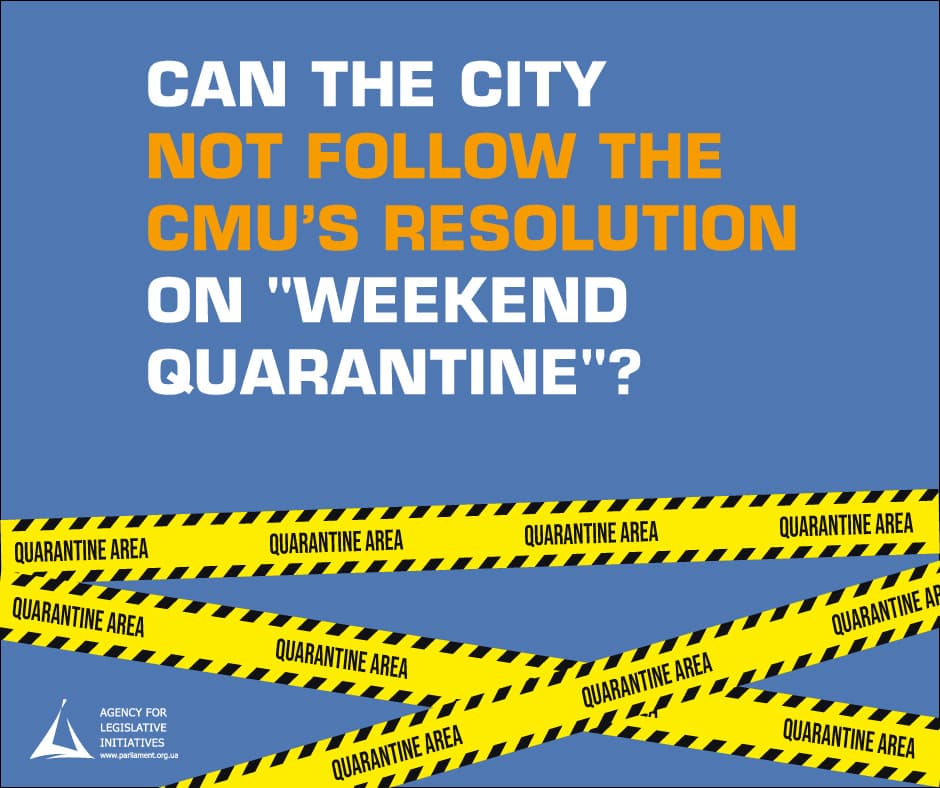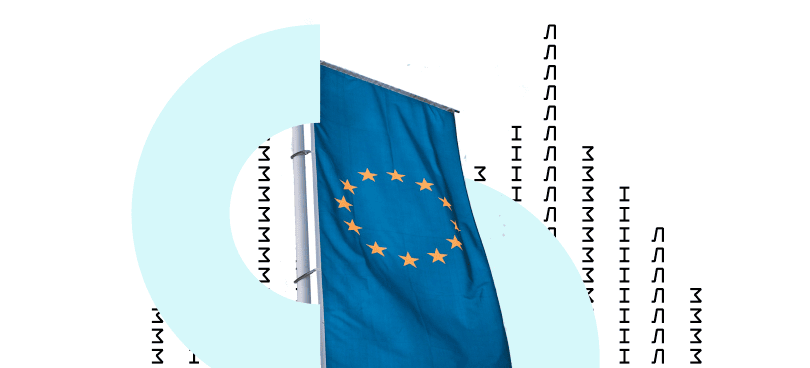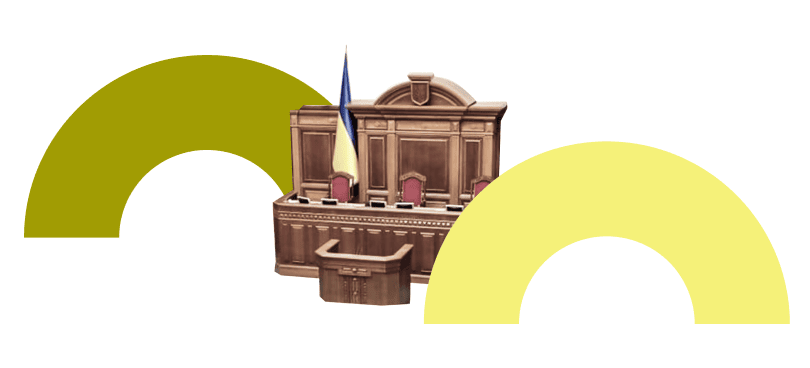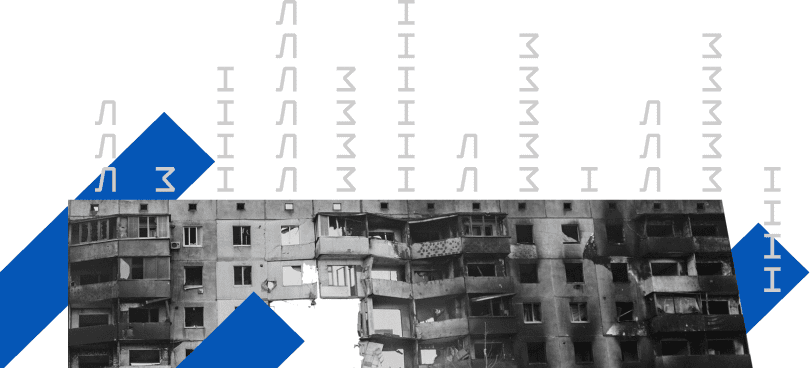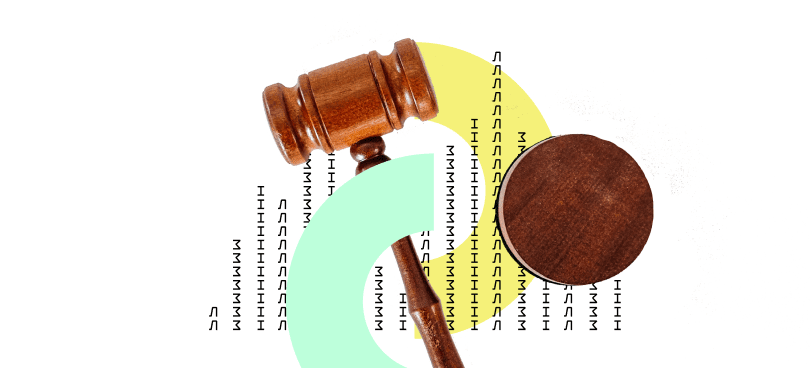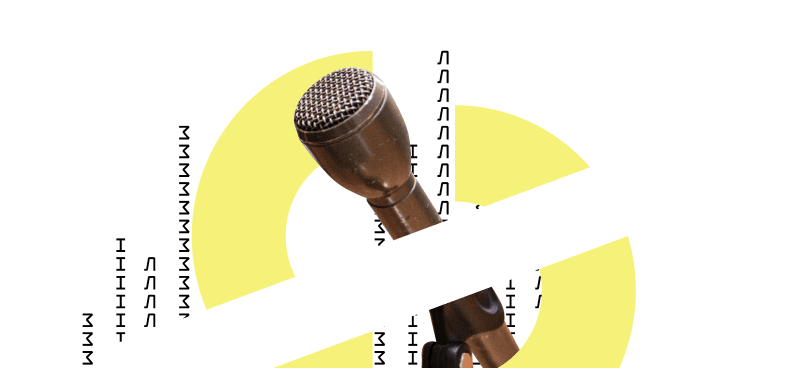After the introduction of the “weekend lockdown”, Lviv Mayor Andriy Sadovy stated that Lviv would not support a decision of the Cabinet of Ministers. But can the city, represented by local governments, refuse to comply with Cabinet resolutions?
In short – no. Resolutions of the Cabinet of Ministers of Ukraine are binding.
Now in detail. Article 143 of the Constitution provides:
“Local self-government bodies shall be under the control of the relevant executive bodies with regard to the exercise of their powers by executive bodies”.
The introduction of national quarantine takes place within the framework of civil protection legislation. The National Security and Defense Council and the Cabinet of Ministers coordinate the actions of executive bodies in matters of civil protection of the population. Thus, they control the local self-government bodies, which must now introduce “weekend quarantine”.
Moreover, under paragraph 8 of Art. 7 of the Code of Civil Protection of Ukraine, local governments are responsible for non-compliance with the quarantine legislation within civil protection officials’ framework.
The decision of local authorities not to support the Cabinet’s decision will not be legal. But specifically, in this situation, it can be legitimate and gain the support of society. It is important to understand why local authorities could publicly announce a refusal to comply with a government decree.
Under normal circumstances (say, in pre-COVID times), such actions of local authorities were difficult to imagine. In situations where Government resolutions were not complied with, everyone understood the illegality (and sometimes criminality) of such actions. Now local authorities refuse to accept their actions and statements as illegal. Moreover, local authorities may think that resistance in this situation will be the most legitimate action.
When the authorities impose any restrictions, it is important to justify them. Obviously, not enough arguments have been provided.
It should be mentioned here that this is a problem not only in weekend quarantine but also in most decisions made by the Ministry of Health and the Government concerning anti-epidemic measures. At the same time, the Ministry of Health does not continue to change the system of substantiation of its decisions and their communication. This cumulative effect of outrage at the lack of understanding of the government’s actions makes it possible for the public to legitimize the statements of local authorities not to comply with the resolution.
And in a situation where local authorities can propose effective (in this context well-founded) anti-epidemic measures, the legitimacy of such decisions can hardly be questioned. First of all, the idea is to set up a contact tracking system and enable these contacts to be isolated.
Another question is whether something or someone can cancel the Cabinet’s decision? The answer is yes. An act of the Cabinet of Ministers of Ukraine may be appealed in court in the manner and cases established by law.
The President of Ukraine may also suspend the Cabinet of Ministers’ acts if he considers that the act does not comply with the Constitution. The president must then appeal to the Constitutional Court.
And another decision of the Cabinet of Ministers can be revoked by the Constitutional Court if, at the request of the President / 45 MPs / the Supreme Court / the VRU Commissioner for Human Rights, it declares this resolution unconstitutional.

